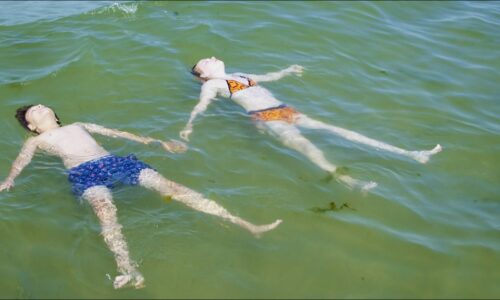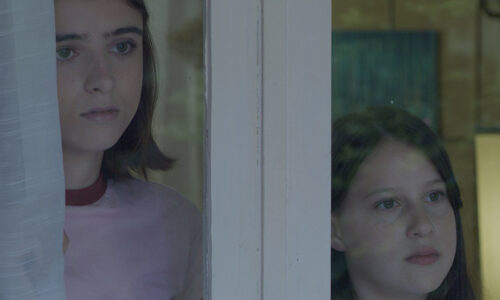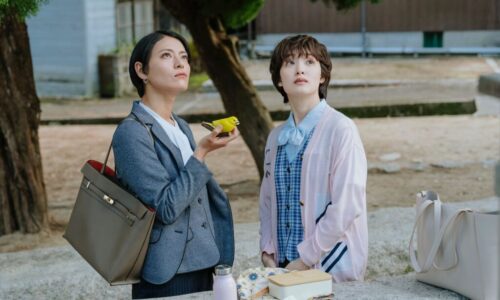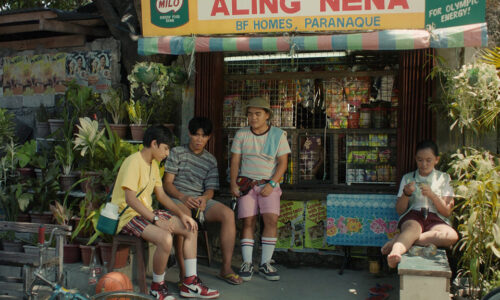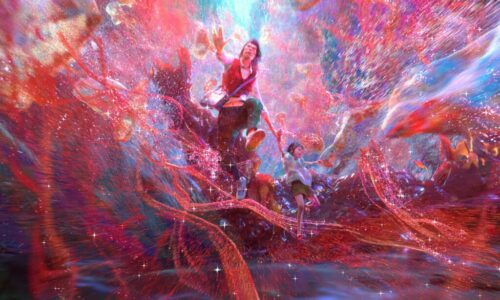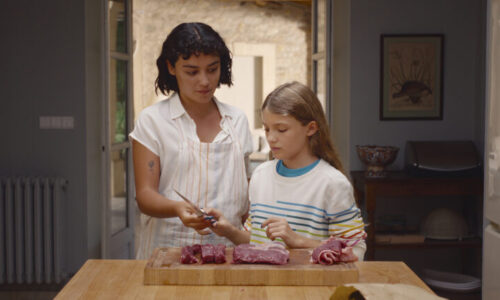Title: Kalle Kosmonaut
For some people it is unimaginable to live in a prefabricated housing estate like Allee der Kosmonauten in Berlin, but for the young Kalle and his family there is no question of that and probably no other option. Kalle grew up here, visited the Arche regularly as a child, hangs out with his friends, likes to draw, develops big plans for life and enjoys singing hip-hop songs. His appearance always seems sympathetic and level-headed, but his life and that of his family changes from the day Kalle, due to drug influence, attacked and injured a man with a kebab knife.
In front of the camera he shows remorse for his deed and tries to explain how what happened has also changed him, he has had bad dreams since then, that he is sorry and that it is very difficult for him to ask for forgiveness.
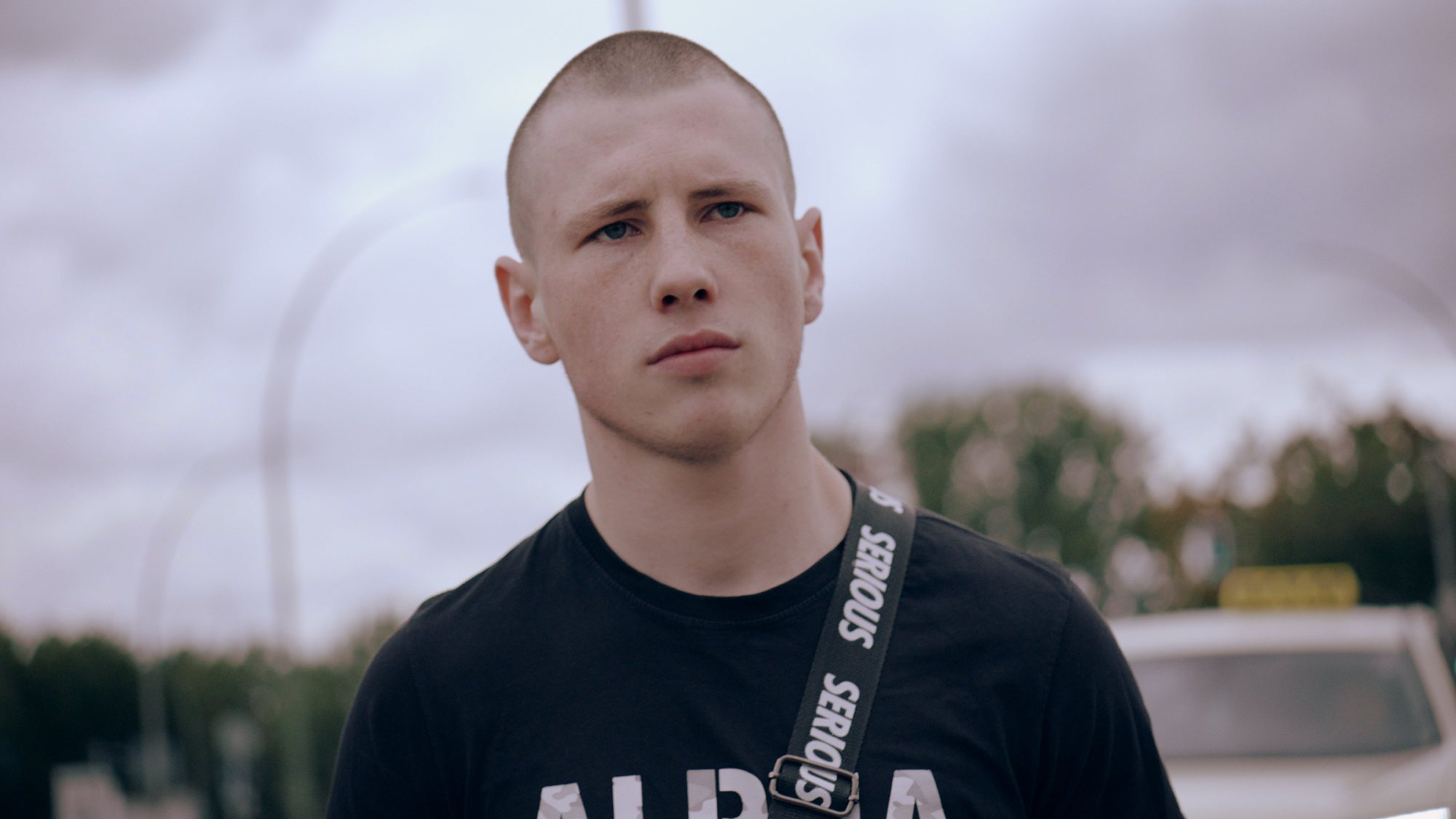
A female patrol officer also has nothing bad to say about Kalle and only reports good things about Kalle to her colleague. She says that he is actually a good boy, very clever and she doesn’t understand why Kalle got carried away with his crime. She hopes that he will not make another mistake and will have to go to prison again.
In the end, this action means 2 years and 7 months in prison for him. A prison life that certainly passes by no one without a trace. The camera is not allowed to document the time in prison, but here one falls back on oppressive and also emotional moments as animation sequences to clarify what happened. You start to take every chance to get out of your cell, even if you have to hurt yourself to do so.
The time in juvenile prison has certainly left its mark on Kalle, but logically he has had time to think about what to do next. It is clear to him that he now wants to stand on his own two feet, pay off his debts and he has not given up hope.
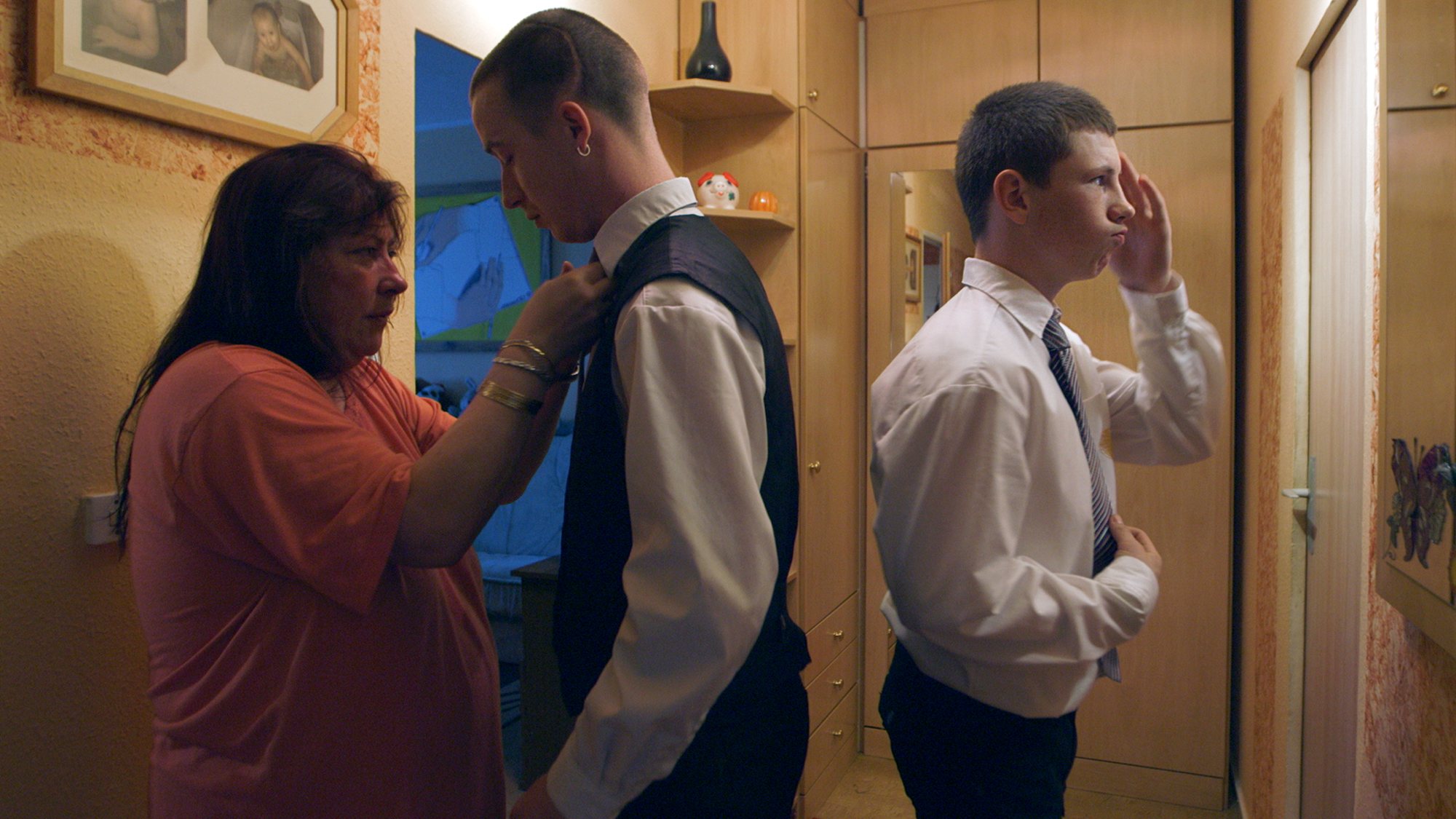
Conclusion:
Kalle is basically a cliché adolescent as one would simply expect from such young people, but that is exactly what this film wants to lead away from. It is a deep look behind the facades of a young adolescent, a look that we tend to lose sight of, a look as if into an alien world. It is also a small portrait of the family and their past, which slowly come together like pieces of a puzzle.
For parents, this film might also make clear that you are basically powerless at some point what path your own children end up taking. Of course they have dreams and we all try our best, but there are too many factors in life that can change everything. This question is also asked by the mother of Kalle… What could she have done better, what went wrong.
Unfortunately, an important message of the film is a little lost, because a not entirely unimportant point of criticism of Kalle during the Q&A was the system “prison”. There is a lot of room for improvement here for a better and more individual approach to the inmates, he said. Perhaps this could have been addressed a little more in the film.
Actor:
Pascal (Kalle)
Director:
Tine Kugler, Günther Kurth
About the movie:
https://www.berlinale.de/en/programme/programme/detail.html?film_id=202205937
